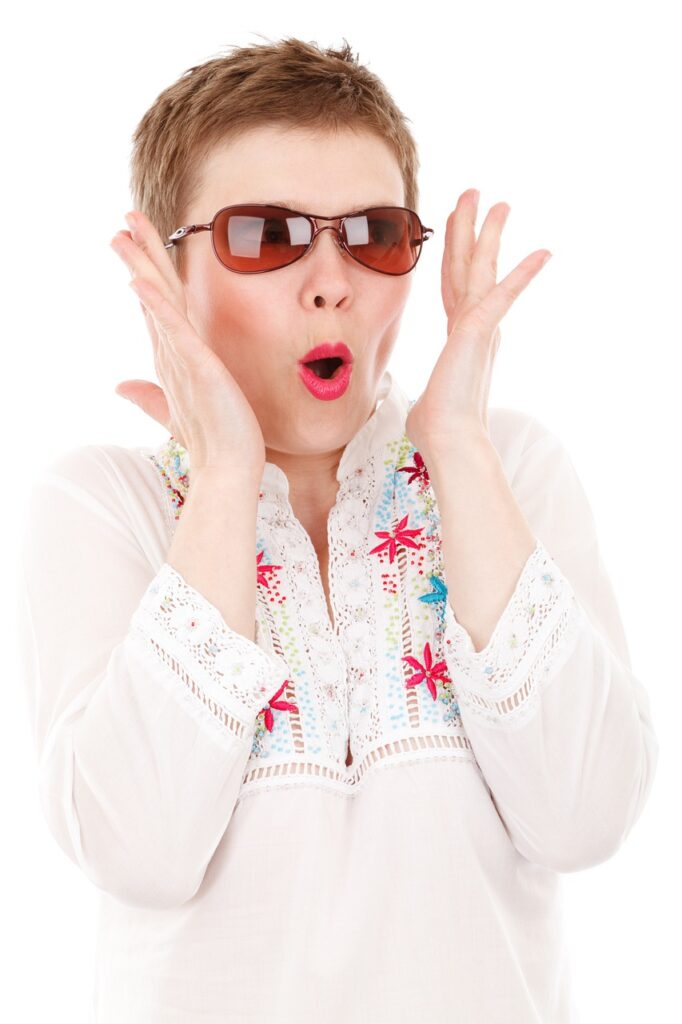
On November 16, 1959, Rodgers and Hammerstein’s The Sound of Music debuted on Broadway. As many people know, it was based on a true story – the 1949 memoir of Maria von Trapp which told the story of the von Trapp family singers from Austria. But like most adaptations of true stories, liberties were taken in the stage (and later the movie) production.
For instance, did you know:
There were 10 von Trapp children, not seven, and Marie came as a tutor for one of the children rather than as a governess for all of them. As well, Maria and Captain von Trapp were married 11 years before the family left Austria. But perhaps the most significant historical inaccuracy was the film’s climactic ending, where the family escapes to Switzerland over the Alps as the Nazis invade Austria. In reality, the family pretended they were going on vacation to Italy by train the day before the Austrian borders were closed. And once they arrived in Italy, they made plans to travel to the US.
When it comes to fictionalizing memoirs or moments in time, it’s been said that emotional truths are more important than factual ones, and that seems to be the case for the von Trapps. Family members accepted virtually all of the liberties taken in telling the fictionalized version of their stepmother’s story, except for one. They didn’t like how their father was portrayed. In the first half of the movie and stage production, the patriarch is shown as a detached and often harsh taskmaster, when in fact, he was a gentle, warmhearted parent who enjoyed the musical activities with his children.
That small quibble wasn’t enough to prevent the real Maria von Trapp from making a brief cameo appearance in the film version of The Sound of Music. If you look carefully, you can see her walking past an archway while Julie Andrews sings “I Have Confidence.”












Comments